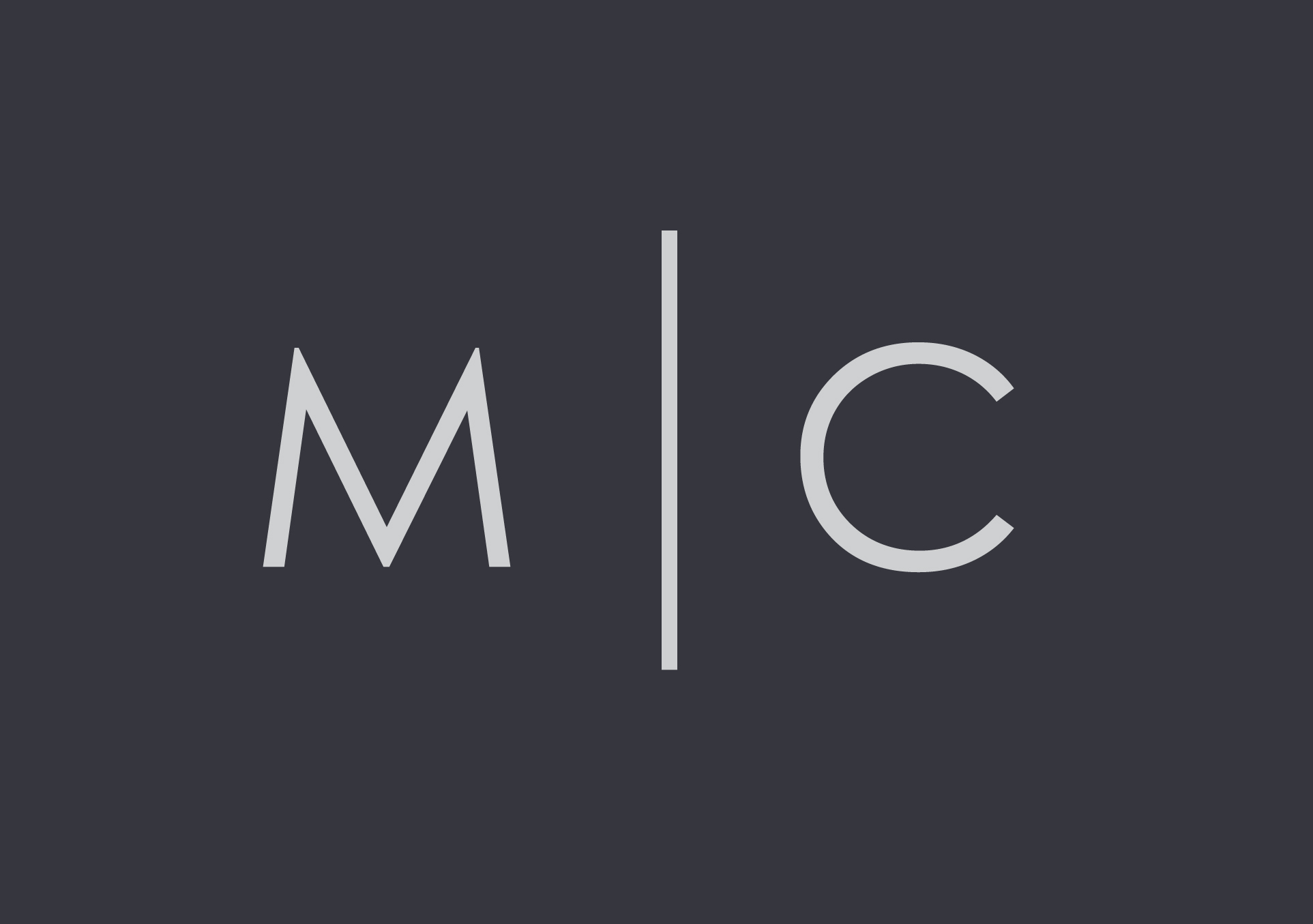Traditional mortgages offered by conventional lenders are the most common way to finance real estate transactions. When a loan request conforms to the strict underwriting guidelines held by traditional lenders, the borrower can expect competitive interest rates and standardized terms and conditions. However, the requirements for FHA loans and conventional loans are too stringent at times, leaving some real estate investors out of great investment opportunities. While traditional financing is most well-known and widely used, it is not the only option for financing in real estate. In fact, there are several creative financing strategies to consider for your next real estate investment.
What Is Creative Financing?
Traditional financing in real estate typically requires the borrower to have a good or excellent credit score. Factors like personal income, business income, liquidity, net worth and numerous others are considered. While some exceptions may be made to these rigid requirements, those exceptions are often few and far between. Generally, if traditional financing is not feasible, creative financing should be considered.
Creative finance is a blanket term used to describe real estate financing not offered by a traditional lender. This type of financing may be arranged between a buyer and seller or offered by private money lenders. In some cases, it involves the buyer taking out a loan against his other assets. Creative financing in real estate allows investors to take advantage of lucrative opportunities that otherwise would not be possible.
Creative Financing Options to Consider
Whether you are interested in buying a rental property, a fix-and-flip property or something else, there are several creative financing real estate strategies to consider. Generally, creative financing comes with higher interest rates compared to traditional real estate financing. However, the requirements and terms are flexible. This leaves room for the parties to creatively find a way to structure financing. What are popular creative financing strategies?
1. Seller Financing
Seller financing, also referred to as owner financing, is the most well-known alternative to traditional financing. This type of financing is directly between the buyer and seller with no bank involvement.
Rather than accepting a bulk payment from the buyer for the full sales price at closing, the seller agrees to a financing arrangement. This arrangement typically requires the buyer to make monthly installment payments. Often, seller financing comes with a balloon payment. The specific terms are negotiable.
While there is no formal underwriting process or traditional guidelines, the seller will likely review the borrower’s finances, credit scores and other relevant details before agreeing to the arrangement. Nonetheless, a seller may be more willing to consider extenuating circumstances than a traditional lender. In addition, the seller may be more motivated to find a creative solution that works for both parties.
2. Lease Option
A lease option is most commonly used on residential properties that will be owner-occupied. However, they can be used creatively for investment real estate as well. With a master lease option, the seller retains ownership of the property initially. A lease is established with a lease-to-own clause. Under the terms of the master lease, the buyer will make regular lease payments, and a portion of those payments is applied to the down payment. At the same time, the buyer will be responsible for all aspects of running the property and will accept the rental payments from tenants. Typically, a lease option specifies the sales price and a firm timeline for the execution of the purchase. In addition, the buyer may be required to pay an additional fee for this option.
3. Subject-To Financing (Wrap Around Mortgage)
Another creative finance real estate option is subject-to financing. The buyer assumes the seller’s mortgage payments. The seller does not need to apply for a new mortgage, which saves time and money. Many mortgages have a due-on-sale clause. This means that the mortgage must be paid in full at the time of its sale. Legal assistance is often required when structuring a subject-to deal to avoid triggering this clause. Because the buyer does not enter a new loan agreement with the lender, the buyer assumes the interest rate. In a time of rising interest rates, this is advantageous.
4. Hard Money Loans
Hard money loans are offered by private lenders. Typically, a hard money loan is short-term financing and has a balloon payment due within a couple of years or less. These loans are used as a bridge between the purchase and permanent financing.
Hard money lenders have greater flexibility than conventional lenders have. As a result, they can consider transactions that do not fit the traditional mold and conform to rigid underwriting guidelines. They are suitable for fix-and-flip projects, transactions that must close quickly, properties that do not qualify at the moment for conventional financing and applicants who do not qualify. Because a hard money loan has a short term, the borrower should have an exit strategy.
5. Retirement Account Loan
If you have a healthy balance in your retirement account, you could consider structuring a loan from that account. Not all 401(k) plans allow you to take out a loan against your balance. Those that do generally cap the loan amount at 50% of the account balance that is vested. The loan amount is capped at $50,000. Generally, the interest rate is reasonable, but it is established by the financial institution.
A tax penalty is not triggered if the loan is repaid according to the agreed terms. Be aware that the loan funds will not grow during this time, so a retirement account loan is suitable when short-term financing is needed.
6. Crowdfunding
Crowdfunding involves pooling the assets of many investors. The collective pool makes the loan to the buyer. This is usually facilitated by a third party. The buyer makes regular principal and interest payments to the pool. Crowdfunding is typically sourced online. The platform analyzes loan requests before drawing funds from a pool to make the loan. The loan scenario must meet the platform’s guidelines. Generally, however, crowdfunding requirements are far more flexible than conventional financing requirements.
7. Partnerships
If a buyer lacks the liquidity to make the purchase or fails to meet conventional underwriting standards, setting up a partnership is another possibility. A partner with deep pockets could provide the additional funds needed to purchase the property without financing. An alternative is a strong partner who can qualify for financing when the original buyer cannot. A partnership can be structured to meet agreed-upon terms provided they comply with the law. A lawyer should prepare the partnership agreement to protect both parties’ interests.
A partnership requires the other party to take ownership interest in the real estate. However, this is not always suitable for one or both parties. An alternative is to set up a personal loan. A personal loan does not give the other party ownership interest in the property.
8. Cash Out Refinance
If you have equity in another property, a cash-out refinance could work well. You would need to formally apply with a bank to set up a new mortgage and access the equity. This must be done before the subject property’s loan is finalized. As a result, the purchase may be delayed. An alternative to a cash-out refinance is a home equity loan.
While one of these creative financing strategies may work well for your next real estate purchase, you are not limited to a single strategy. For example, you could set up a partnership and use a hard money loan or a lease-to-buy agreement. A cash-out refinance loan on another property could be used as an exit strategy for a hard money loan. There is no hard-and-fast rule related to creative financing. Instead, you should explore all of the options available and find a suitable way to put all of the pieces together.
Explore Creative Real Estate Financing Options Today
At Macoy Capital, we take a creative approach to help investors achieve their goals. We want to learn more about your upcoming investment and your financing needs. Contact us today to explore hard money loan options for your next purchase.







